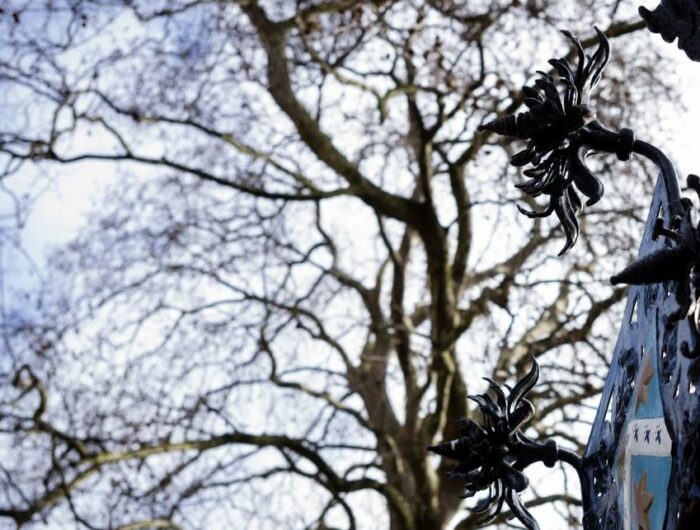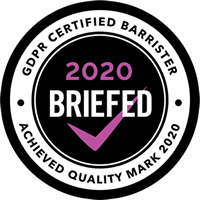
ClientEarth Refused permission to bring a derivative claim on behalf of Shell plc. against its directors.
18th May 2023
Edward Davies K.C. and Jack Rivett, together with Robert Howe K.C. and Shaheed Fatima K.C., acted for Shell plc.
By a judgment handed down on 12th May 2023, Trower J. dismissed an application by ClientEarth for permission to bring a derivative claim on behalf of Shell plc. against its directors.
In summary, ClientEarth’s claim was said to arise out of the directors’ acts and omissions relating to Shell’s climate change risk management strategy. In addition to alleging that the directors had breached their duty to promote the success of the company (s. 172 of the Companies Act 2006) and the duty to exercise reasonable care, skill and diligence (s. 174), ClientEarth alleged that the directors had breached six further duties, which were said to be necessary incidents of the statutory duties when considering climate risk for a company such as Shell. These duties included, for example, “a duty to make judgments regarding climate risk that are based upon a reasonable consensus of scientific opinion”.
By way of relief, ClientEarth sought declarations that the directors had breached their duties and mandatory injunctions requiring the directors to adopt and implement a strategy to manage climate risk in compliance with their duties.
ClientEarth’s application was made against the background of Shell having published detailed strategies for dealing with climate change risk in corporate documentation published in April 2021, October 2021 and April 2022.
In accordance with the procedure for dealing with derivative claims under Part 11 of the Companies Act 2006, ClientEarth’s application and evidence was considered in the first instance on the papers. The question, at this preliminary stage, was whether the application and evidence disclosed a prima facie case for permission to be given for the claim to continue as a derivative claim. Shell filed written submissions in response to the application.
Trower J. dismissed ClientEarth’s application. He held that ClientEarth had not made out a prima facie case that the directors had acted in breach of their duties or for the relief sought. He agreed with Shell’s submissions that the way in which ClientEarth put its case (including through its formulation of the alleged incidental duties) cut across the basic principle that it is for the directors themselves to determine the weight to be given to the various factors to which they are required to have regard in the discharge of their general duty to promote the success of the company. The impact of Shell’s operations on the community and the environment (s. 172(1)(d)), is just one of a number of matters which the directors are required to weigh in the balance. Trower J was satisfied that ClientEarth had failed to show a prima facie case that there was no basis on which the directors could reasonably have concluded that their actions were in the interests of Shell.
For completeness, Trower J. held that the other statutory criteria for granting permission to bring a derivative claim had not been met. Amongst other things, he considered that ClientEarth’s application had not been brought in good faith, but for the collateral purpose of advancing ClientEarth’s own policy agenda on climate change.
ClientEarth now has seven days from the date of the judgment to ask for an oral hearing to reconsider the decision.
To view the case report, please click here.



